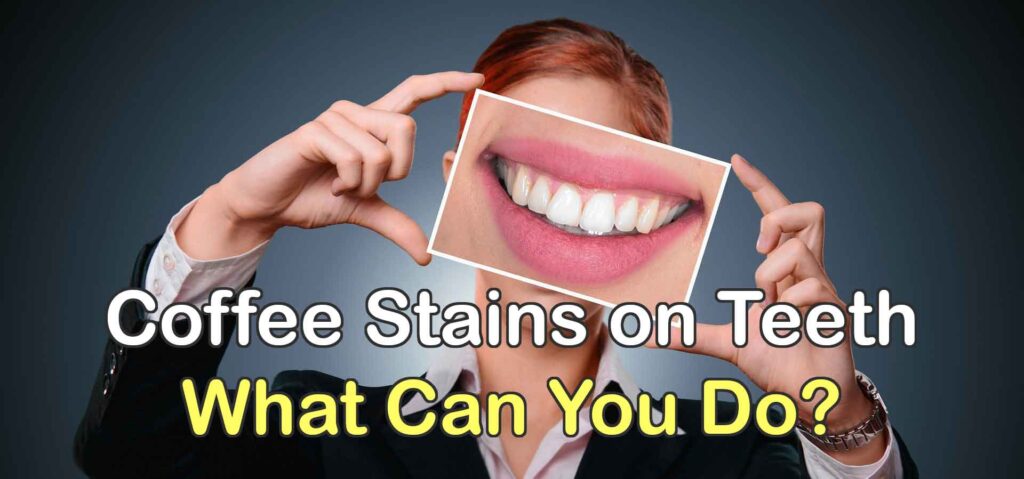
Coffee stains on teeth are a common problem for many coffee drinkers. Coffee contains tannin, which is an organic compound that can cause your teeth to turn brown or yellow over time. Coffee also contains sugar and acid, both of which are contributors to tooth decay. Coffee stains on teeth can be difficult to remove with regular brushing alone. Luckily, there are some natural remedies that you may want to try before calling the dentist!
Why does coffee stain teeth?
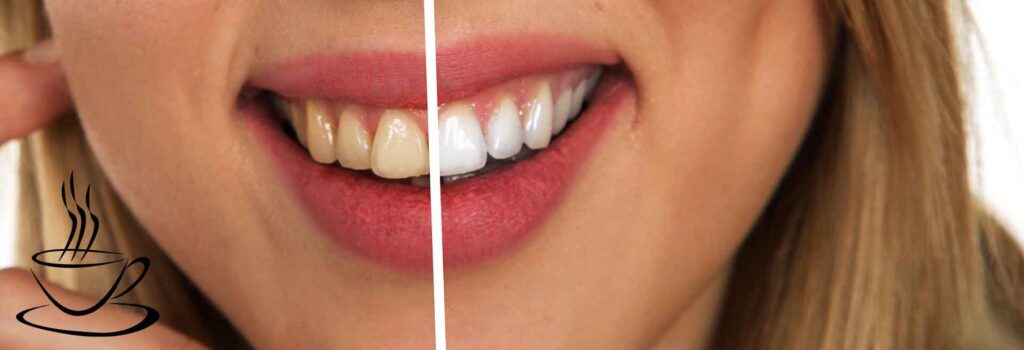
Coffee stains teeth because it contains tannins which are dark-colored. Coffee is also acidic so it’s bad for the enamel on your teeth, and can cause dental erosion if you drink or eat something too often that damages your enamel.
Coffee has lots of caffeine in it as well which contributes to its darker color. Coffee also contains other chemicals which can react with the bacteria in your mouth to form a pigment that makes teeth look dull and discolored.
Coffee can also cause bad breath
Coffee and bad breath go hand in hand because the caffeine, tannins, and oils that are released into your mouth when you drink or eat coffee can lead to a dry mouth. This lack of saliva is what results in bad breath as it leaves an unpleasant smell on your tongue and teeth as bacteria starts to ferment foods trapped between them causing a foul odor.
Coffee consumption has been linked to halitosis as it dries out the mouth and gives bacteria a chance to multiply, leading many people who drink coffee regularly to prefer sugar-free gum or mints.
Other foods & drinks that stain as well Coffee
Coffee isn’t the only food and drink that can cause teeth to look discolored. Coffee, tea, soda and red wine are some of the most common culprits that lead to stained teeth. Each contains a certain compound or compounds which contribute to staining your pearly whites; for instance:
Coffee stains typically come from polyphenols found in coffee, which are known to bind with proteins on teeth. Coffee can contain color compounds that stain the surface of your tooth enamel and cause yellowing over time. Coffee drinkers have a higher risk of developing stains than people who do not drink it or who only drink decaf because their pearly whites become stained more easily from drinking coffee.
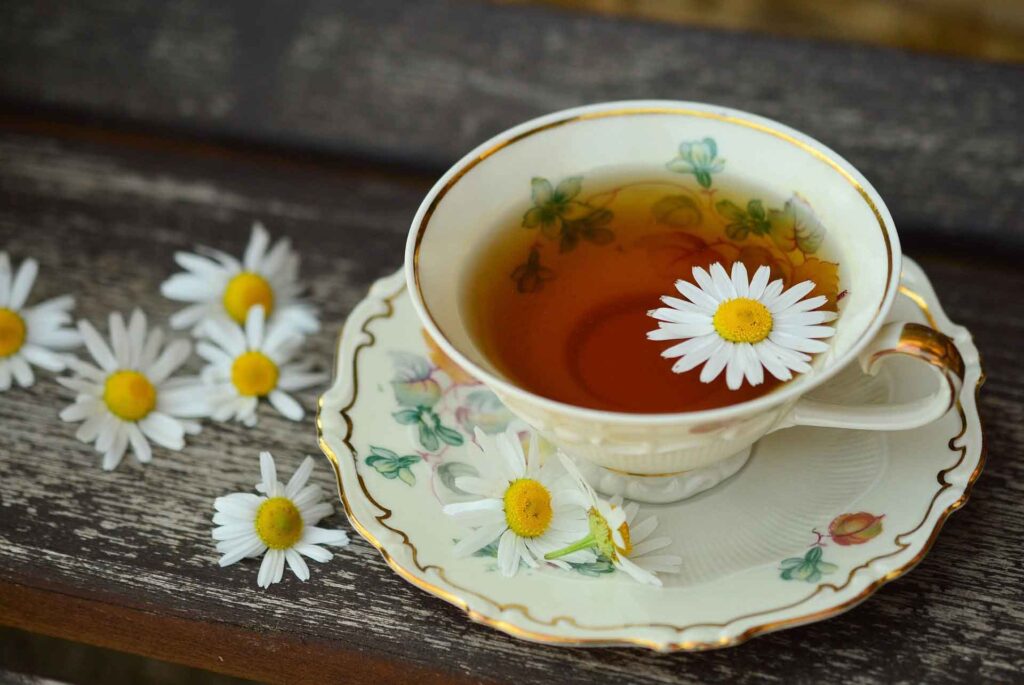
< tea >

< red wine >
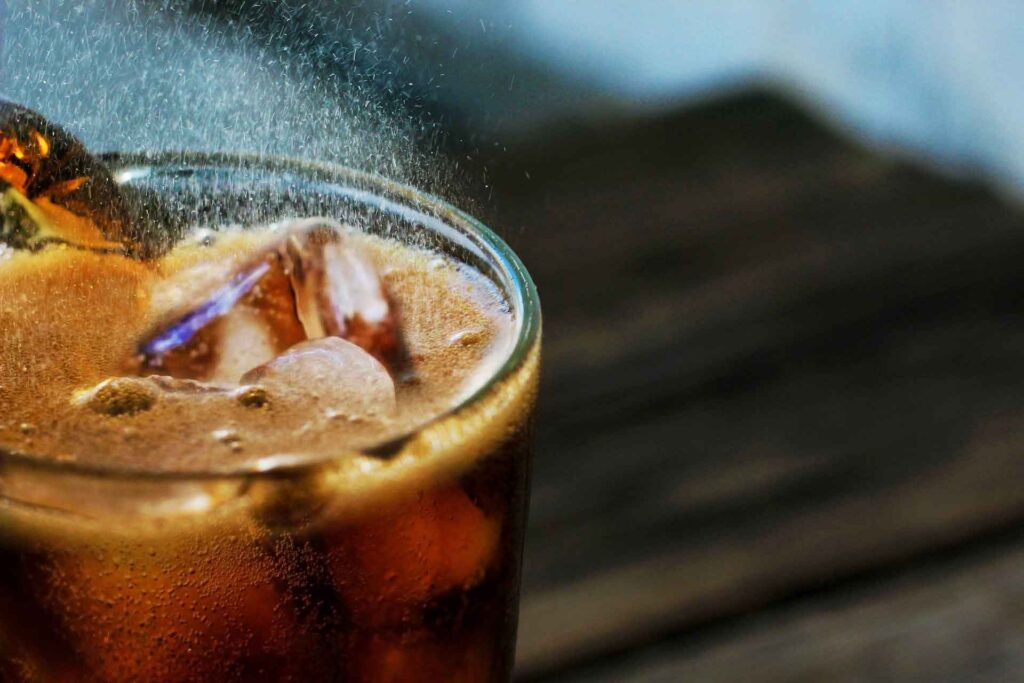
< soda >
Tea is another common beverage that can stain the surface of your teeth. The tannins in tea are known to bind with proteins on teeth, which can lead to staining over time. Coffee drinkers have a higher risk of developing stains because the polyphenols that contribute to coffee’s color also cause yellowing and darkening of teeth enamel, making them more likely to stain your pearly whites than other beverages. Coffee also contains some color compounds which can bind to teeth and cause yellowing over time.
Red Wine is another common source of staining due to its high tannin content, especially in red wine varieties. Coffee drinkers have a higher risk of developing stains because the polyphenols that contribute to coffee’s color also cause yellowing and darkening of teeth enamel, making them more likely to stain your pearly whites than other beverages. Coffee also contains some color compounds which can bind to teeth and cause yellowing over time.
Soda is a highly acidic beverage that can lead to tooth erosion if consumed in large amounts or frequently throughout the day. Coffee drinkers have a higher risk of developing stains because the polyphenols that contribute to coffee’s color also cause yellowing and darkening of teeth enamel, making them more likely to stain your pearly whites than other beverages. Coffee also contains some color compounds which can bind to teeth and cause yellowing over time.
How do I remove coffee stains from my teeth?
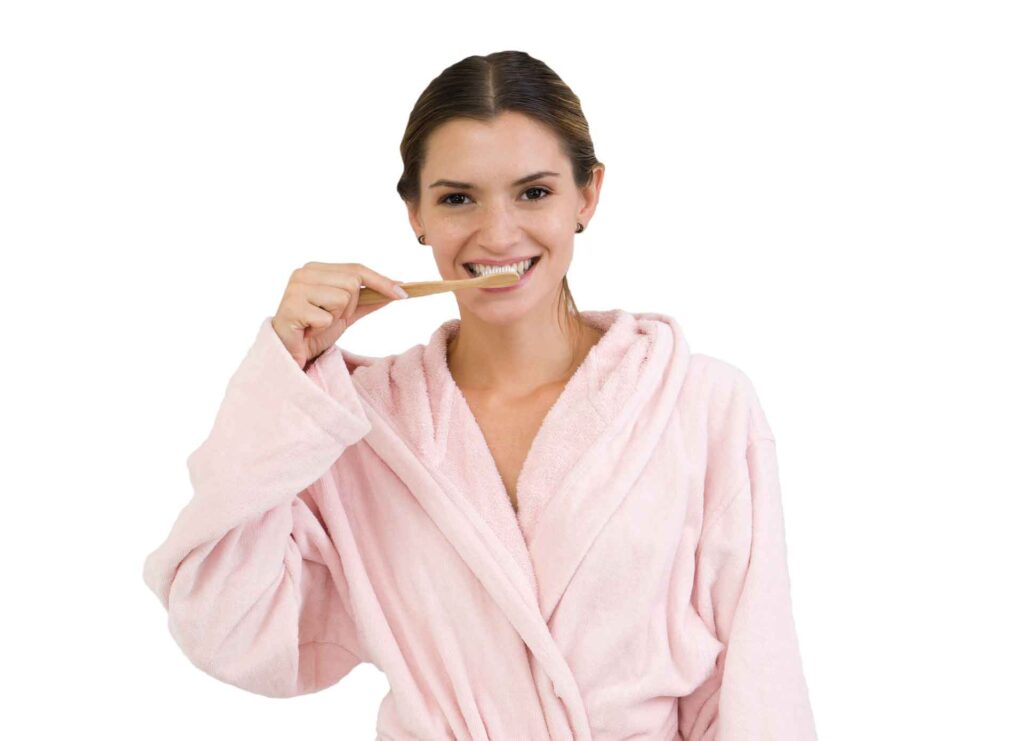
Coffee stains can be difficult to remove from your teeth. Coffee, tea, and other dark-colored drinks may cause discoloration on the surface of a tooth in a way that looks like a stain.
The best defense is good dental hygiene: everyday practices such as brushing twice daily with ADA-approved fluoride toothpaste, cleaning between teeth once per day with floss or interdental cleaners, and visiting the dentist regularly can help prevent dental stains.
Coffee drinking may cause a brownish-yellow discoloration on teeth that is usually permanent. If you’re tired of your stained smile, there are at-home whitening options available for removing coffee and other dark staining agents from the surface of teeth.
A mixture of hydrogen peroxide and baking soda
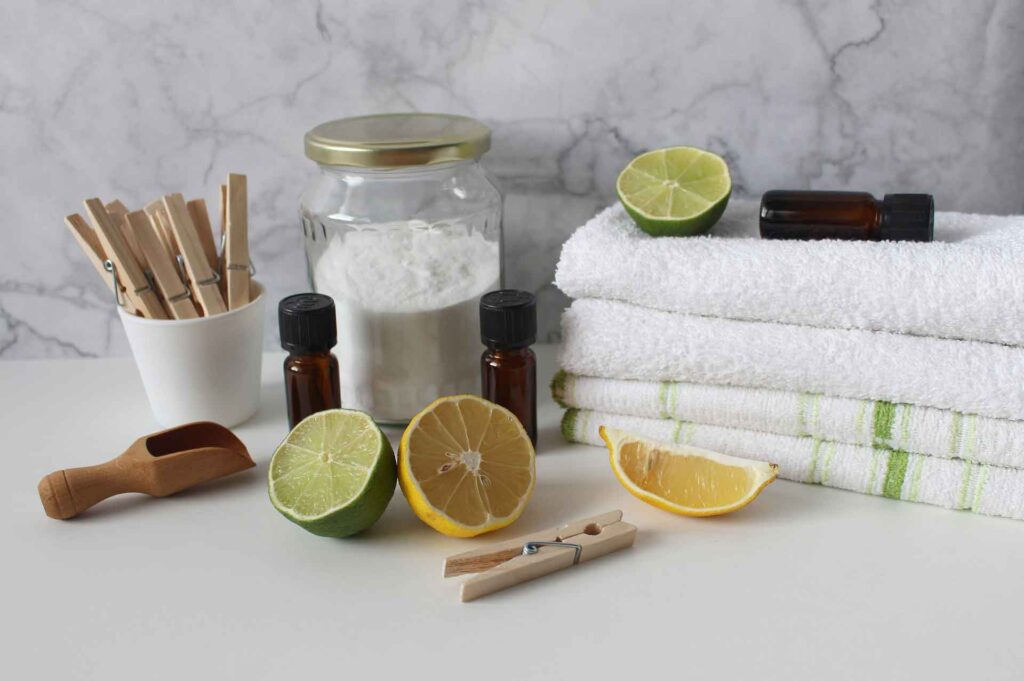
A mixture of hydrogen peroxide and baking soda can be effective in removing coffee stains on teeth. Mix ¼ teaspoon (two milliliters) of baking soda with one tablespoon (15 milliliters) of water to make a paste, then add several drops of three percent hydrogen peroxide while mixing until it becomes smooth.
Apply the mixture to the surface of the teeth and leave it on for five minutes. Rinse with water after removing, then brush your teeth normally to remove any remaining baking soda residue. Repeat this process a couple of times each week until you achieve the lightning results that you want.
Rinse your mouth with water and lemon juice
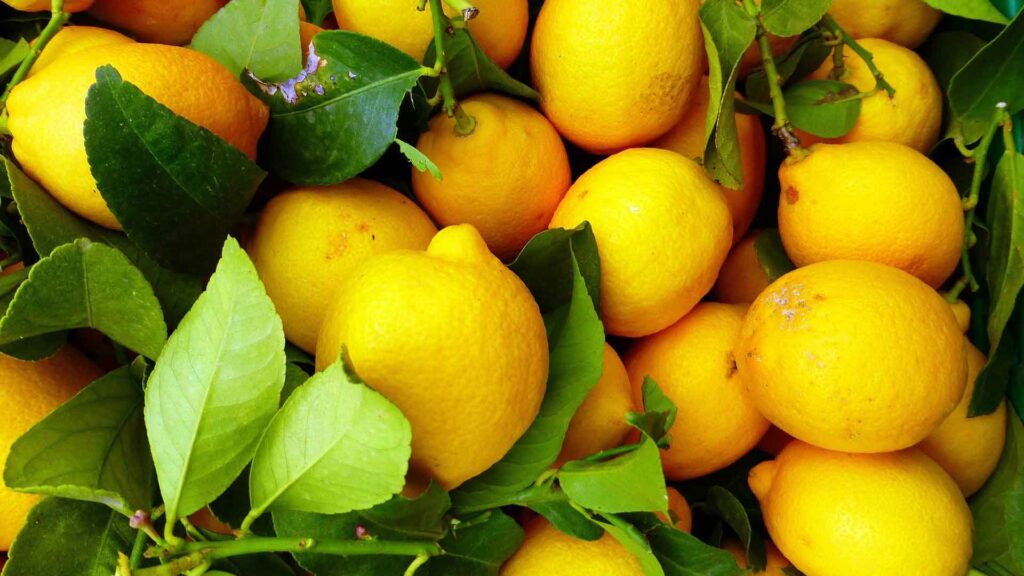
Rinse mouth with water and lemon for removing Coffee stains on teeth. Mix equal amounts of fresh lemon juice and warm water, then vigorously swish it around your mouth for several minutes. Coffee stains on teeth will disappear within a few hours after rinsing the Coffee stains off your teeth with lemon juice in warm water.
Teeth whitening kit & Whitening toothpaste
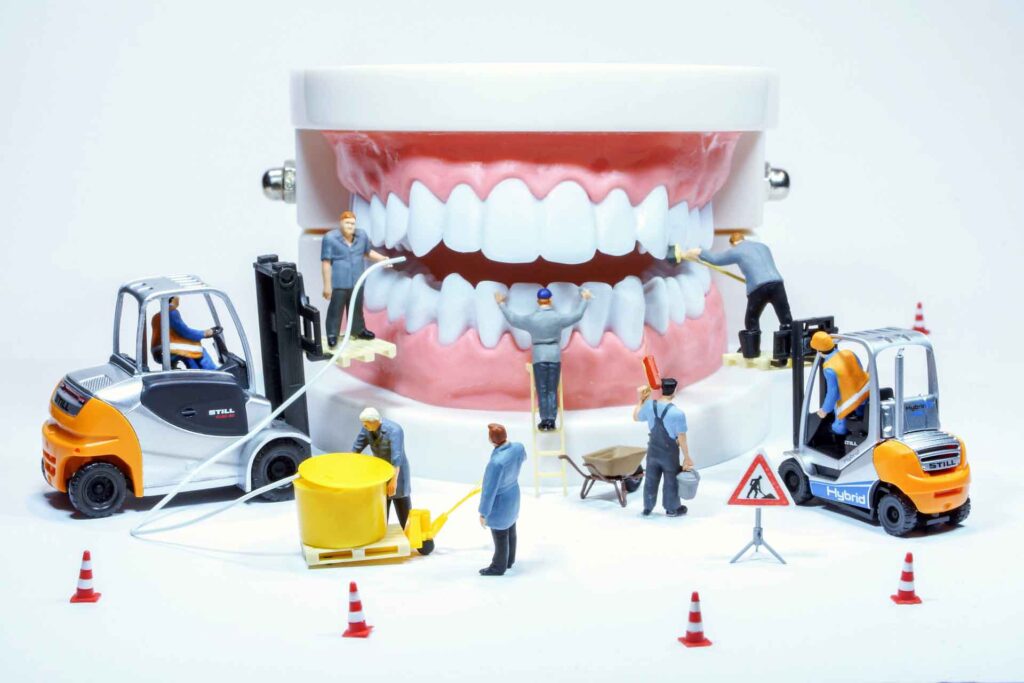
Teeth whitening kits are available through drugstores, grocery stores, and online retailers. Coffee stains may be removed when teeth are subjected to bleaching agents over time.
Bleaching strips often come pre-loaded with the bleaching agent already in place on a strip or tray that is worn for several hours at a time while you go about your daily activities.
Coffee can stain teeth in a way that looks like permanent staining, but with the right treatment, it’s possible to remove coffee stains from your smile and leave you with whiter-looking teeth!
Teeth whitening toothpastes are available over-the-counter in most grocery stores and pharmacies. Whitening kinds of toothpaste are generally less effective at removing coffee stains because they tend to be milder than other teeth whiteners.
Coffee drinking may cause a brownish-yellow discoloration on the surface of your teeth that looks like a stain, but it is possible for this type of staining to be removed with regular brushing and flossing. Coffee stains may be difficult to remove, but practicing good dental hygiene can help prevent them from darkening your smile in the first place!
Preventing coffee stains
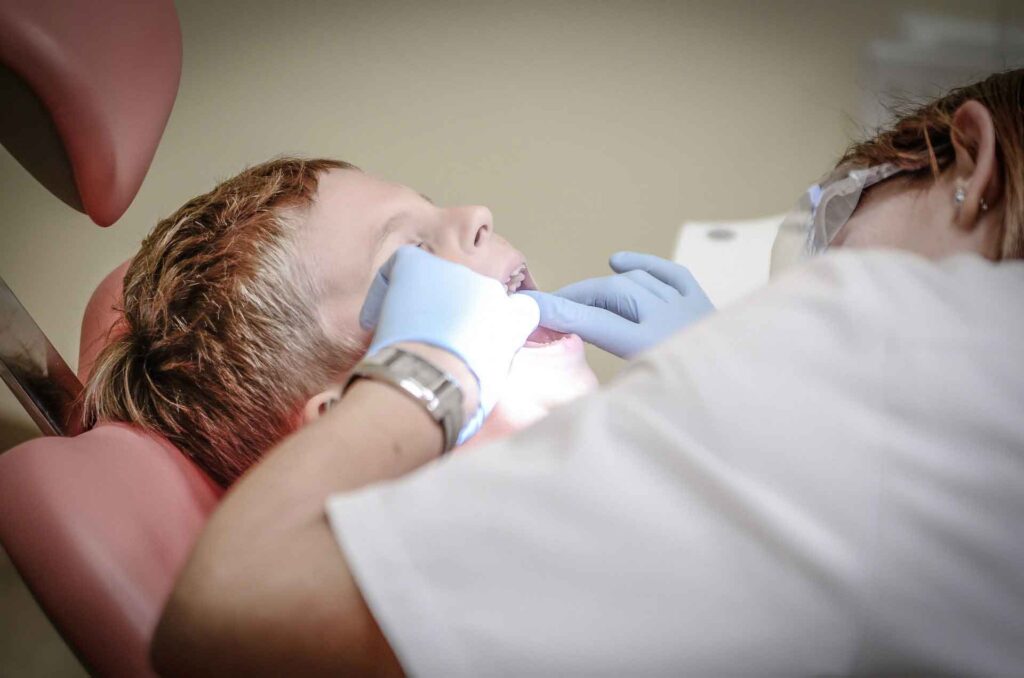
Coffee stains on teeth are a common problem that many people face. Coffee is especially difficult to remove from the surface of your teeth because it combines with existing stains and results in a unique new color.
Coffee also contains tannins, which can leave behind an even more identifiable mark as they bind themselves to other compounds within your saliva. The key to preventing coffee stains on teeth is to eliminate the compounds that cause them.
Coffee naturally contains tannins and other acidic substances which can damage your enamel over time, as well as contribute to more coffee stains on teeth. Coffee also has dyes in it which will make any new staining appear darker than before.
The best way of preventing this from happening is to reduce the amount of coffee you drink and also brush your teeth more often. Coffee will stain any surface it comes into contact with, so be careful about what types of foods or beverages you consume after drinking some. Coffee is not just difficult to remove – but can leave behind permanent stains if not treated properly.
What Can You Do?
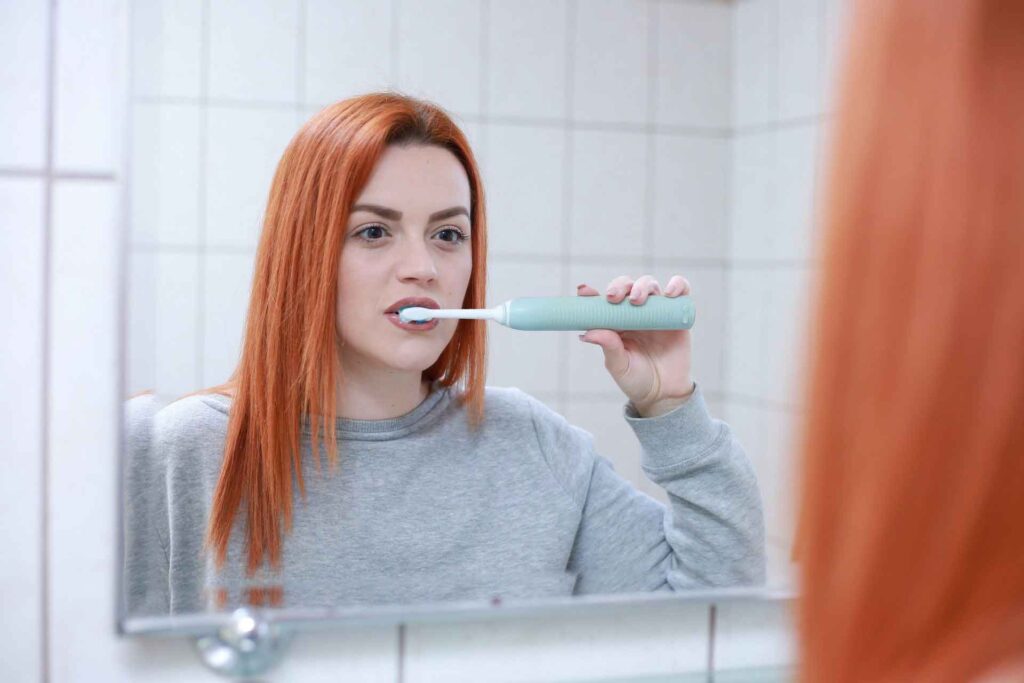
Coffee stains are difficult to remove because they combine with existing stains creating a new color. Coffee also contains tannins, which can leave behind an even more identifiable mark as they bind themselves to other compounds within your saliva.
The key to preventing Coffee stains on teeth is to reduce the amount of coffee you drink and also brush your teeth more often. Coffee will stain any surface it comes into contact with, so be careful about what types of foods or beverages you consume after drinking some. Coffee is not just difficult to remove – but can leave behind permanent stains if not treated properly.








Leave A Comment